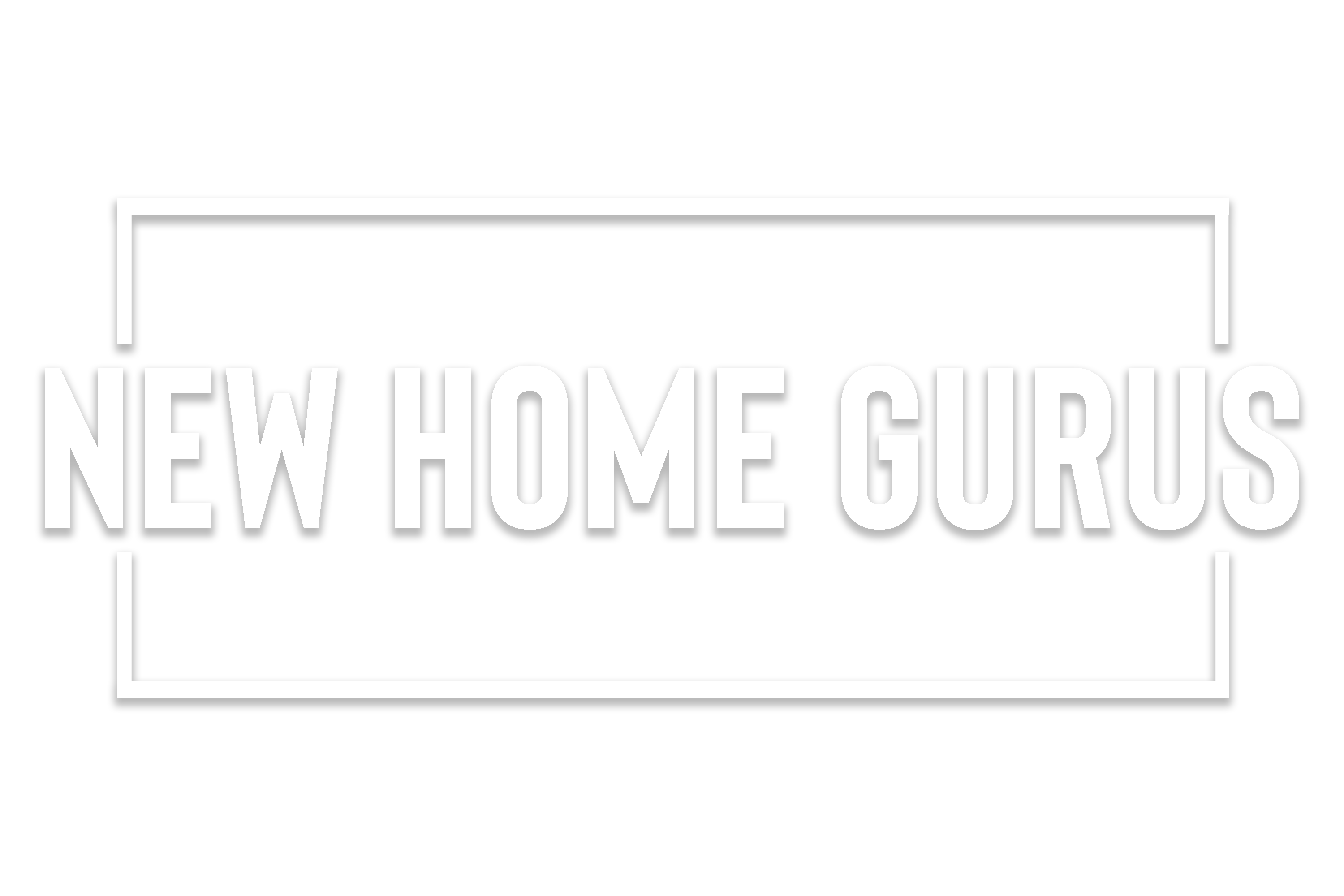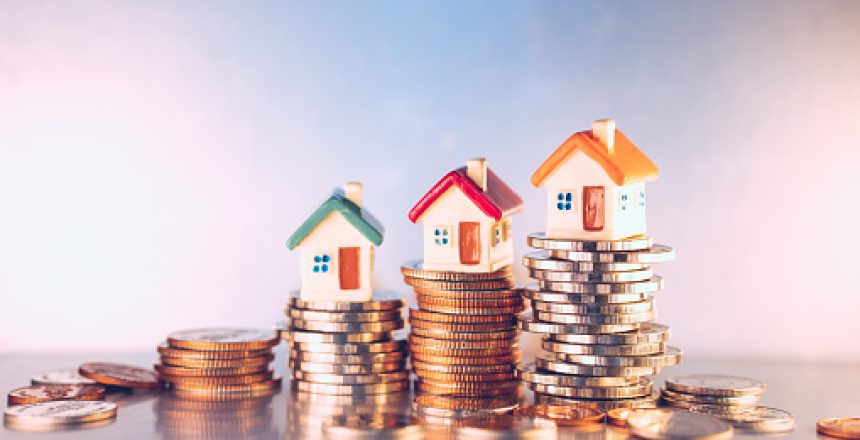Here’s How to Figure Out Whether to Sell a Current House or Keep It as a Rental Property
Leveling up and buying your second or third house is really exciting! It can also be stressful because you’re going to have to make some big decisions about what to do with your current home — is it more worthwhile to keep it and rent it out or should you sell it?
The answer to that question isn’t going to be the same for everyone.
Here’s why and what’s crucial to consider when you’re deciding whether to rent or sell a house when buying another home.
When to Sell a Home Instead of Renting It: 5 Circumstances
Listing your first house, rather than hanging onto it as an investment property to rent out, is typically a better idea whenever:

- You need to sell your current home to afford the new house: Many folks level up their house because they’re able to get a pretty penny for their current house. That can mean putting their first house on the market before (or while) shopping for a second home. When the timing works out and sellers get a decent profit, they can turn around and become buyers with substantially more buying power, larger down payments, and the ability to focus on a single mortgage.
- The current house is not in a great area: Property values depend on location, and poor location could mean nosediving values over the coming years. So, if that’s the case for a current home, it’s prudent to think about whether you want to be tied to that property for years or longer — or whether it makes better sense (and more cents) to sell now.
- You stand to profit nicely from selling the house: If it’s a seller’s market and you could get top dollar for your house now, it can make more sense to sell it while the market’s hot and you stand to get a premium from the sale.
- You don’t want the expense of owning multiple homes: Once you’ve owned one house, the cat’s out of the bag — you know that it costs money to keep that house up and that the maintenance expenses can pop up at any time. New appliances, home repairs, insurance, property taxes, and more are all part of the standard expenses that come with owning a home. If you simply don’t want that overhead or extra work, listing and selling a first house can be a smart move.
- You don’t want to be a landlord: Renting property comes with responsibilities. Not only do you have to screen tenants and collect rent payments, but you also have to be on deck to field problems, complaints, and fix-it needs when they happen. That’s not for everyone. So, if you’re not up for it — and you’re not interested in hiring a property management company to do this for you — selling your first house, instead of renting it out, can be a better way to go.
Should I Keep a House & Rent It? 4 Considerations
Keeping a first house is a major decision. So is deciding to rent it out. Even if you’re really motivated to make it work, here are some of the key factors to consider first:

- How does your property compete: Renters have lots of options these days, and your property may simply not offer the amenities they can get at fancier rentals. If not, you could be left with vacancies that are really challenging to rent.
- How much work needs to go into the property: Do you need to put in a lot of upgrades or remodeling to make a house attractive to renters? If so, it may not really make sense to take that dive, especially if you’re not confident about getting renters in to offset those costs.
- What the laws stipulate: Landlords have to abide by several local, state, and federal laws. If you’re not compliant, that could mean big problems in the future. And if you’re not ready to handle these complexities, now may not be the right time to become a landlord.
- How long can you afford to have the property not rented out: You may not have a renter in the house every month, and that can mean higher costs (or less income). Either way, it’s essential to know how long you can go without having that rental income coming in. That can give you a more realistic idea of whether you want to gamble with the costs and uncertainties of vacancies.
This may just be the start of what to consider as you think about renting or selling a first house when you’re buying another property.
First, Second & Subsequent Homes in Texas: The Bottom Line
Whether you’re buying or selling your first or subsequent house in Texas, the truth is that there’s a lot to consider — and that the best choice for you will depend on your circumstances, your needs, and your objectives, both now and in the long term.
No matter when and where you want to buy or sell a house in Texas, the right help can make the process a whole lot smoother and deliver better results. If you’re serious about that, it’s time to contact the Realtors at New Home Gurus.
We can guide you through the home buying and selling process, helping you with offers, negotiations, and every aspect of closing. Plus, we’ll split our commission with you at closing.
Homebuyers and sellers who work with New Home Gurus can get back an average of $4,500 to $12,000 at closing.
How Much Cash Can You Get after Closing?-
Call (281) 668-8124 or Contact Us to Find Out Now
We are standing by, ready to answer your questions and explain the details of our commission-sharing program.

